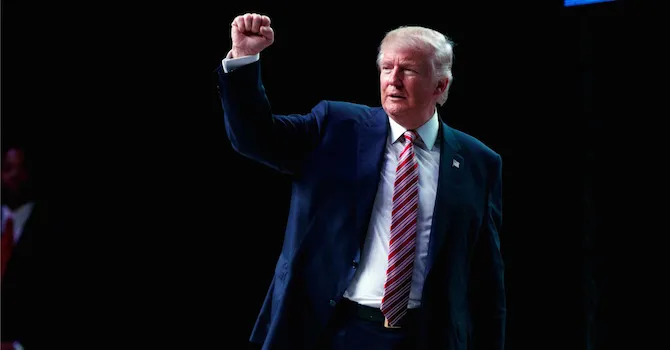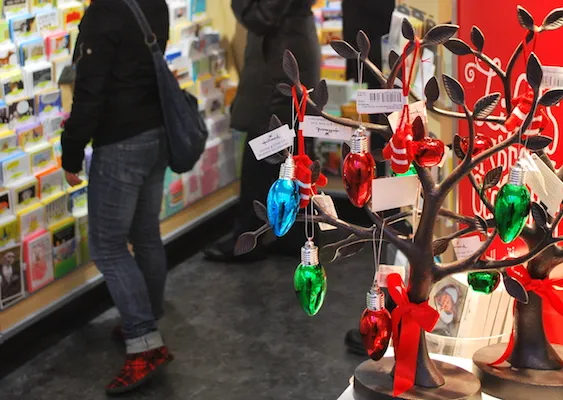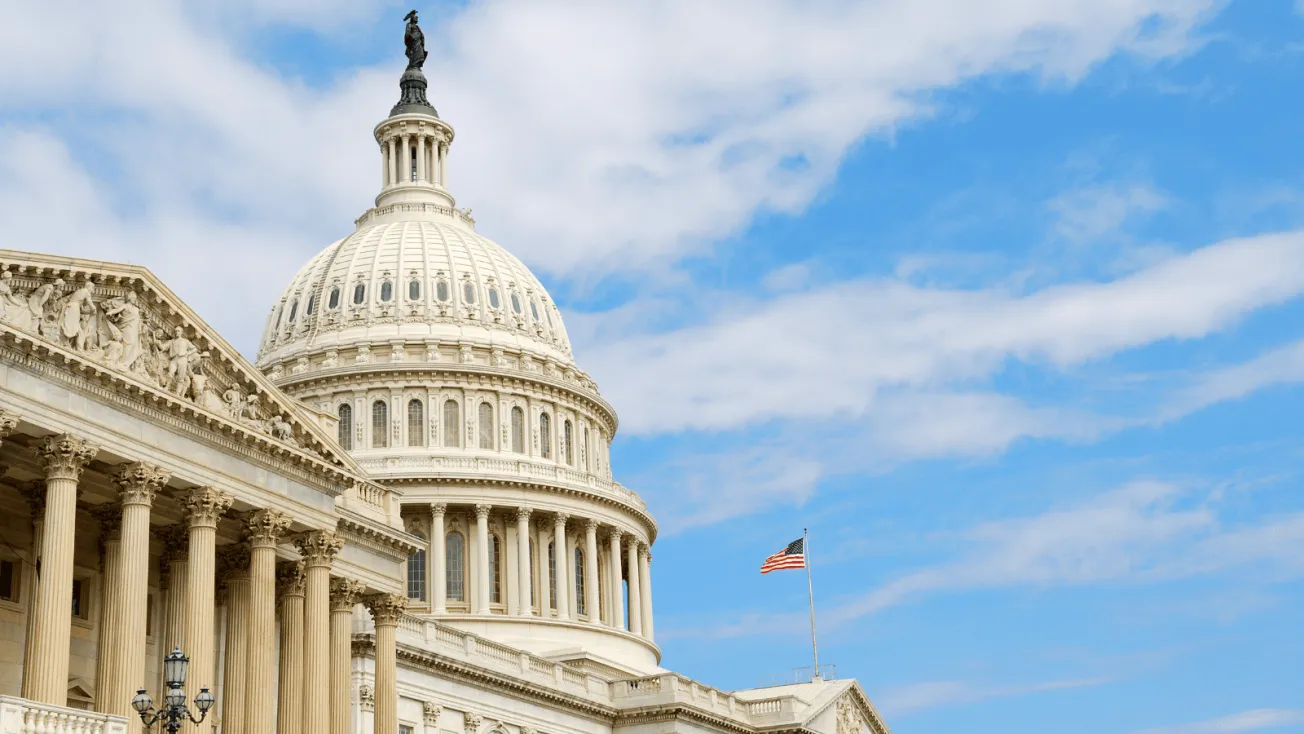
The Food Marketing Institute’s recent cancellation of FMI Connect, the trade show that had been scheduled for McCormick Place in Chicago next June, raises some interesting questions about the value and long-term viability of such events.
FMI Connect and its predecessors were for many years a staple on the supermarket industry calendar, so, as Leslie Sarasin, the association’s president and chief executive officer, noted, the decision to retire the show format was a difficult one.
“At FMI we continue to believe that events designed to bring together the entire food retail industry and their partners for meaningful conversation, education, exploration and networking are desired and needed,” she said, “but we have concluded these gatherings should occur in a framework that differs from the current FMI Connect design. We also recognize that in recent years this event has fallen short of achieving the precise formula necessary for meeting today’s industry needs, particularly as the industry continues to change and evolve so quickly.”

There are some who might assert that Sarasin’s candid assessment of FMI Connect is applicable to all large-scale industry trade shows. At a time when business partners have multiple options for instant communication — the telephone, email, video conferences — and air travel makes face-to-face meetings relatively easy, they would argue, the return on investment from attending shows like FMI Connect is greatly diminished.
As it relates to existing business partners, that position may contain a grain of truth, but the real value of trade shows is providing a forum for discovery and exposure to new concepts. Executives who spend all their trade show time with people they already know are liable to be less impressed with an event than those who find something — a product, an idea, a new technology — previously unknown to them that can help them achieve their goals.
Vern Brunner, the legendary merchant who during the last decades of the 20th century made Walgreens’ front-end business a powerhouse, was noted for spending much of his time at trade shows seeking out compelling items and suppliers to add to the drug chain’s merchandise mix. His commitment to and success in that endeavor helped make Walgreens’ front end exciting for consumers to shop.
Most major trade shows now supplement what occurs in the exhibit hall with presentations by industry experts that often provide useful insights. Hearing from knowledgable individuals from outside one’s own company can help break down silos of thought and situate business problems in fruitful new perspectives.
Those who have doubts about whether it’s worth attending a trade show should also remember the efficiencies gained by bringing together representatives from across an entire industry. If executives use their time well they can have as much meaningful interaction with colleagues over a two- or three-day period as they could in two or three weeks while traveling to a variety of different locations.
The bottom line for people attending trade shows is that they will get as much out of them as they are willing to put in. Individuals or companies that think that all they have to do is pay the price of admission and show up are sure to be disappointed.
As with any business endeavor, preparation is essential. Several months before a show begins a company needs to establish a well-defined set of objectives, develop a plan for achieving them and do everything it can to secure appropriate appointments. Going into a show with a clear-cut strategy greatly increases the odds of success.
For their part, trade show organizers should continuously examine what they have to offer and see how it can be improved in light of ongoing changes in the industry and the broader marketplace. As the experience of FMI Connect demonstrates, even events that once enjoyed must-attend status can lose their way. As long as sponsors and attendees take care of their respective responsibilities, trade shows — with their unmatched opportunities for personal interaction and discovery — will continue to resonate.







